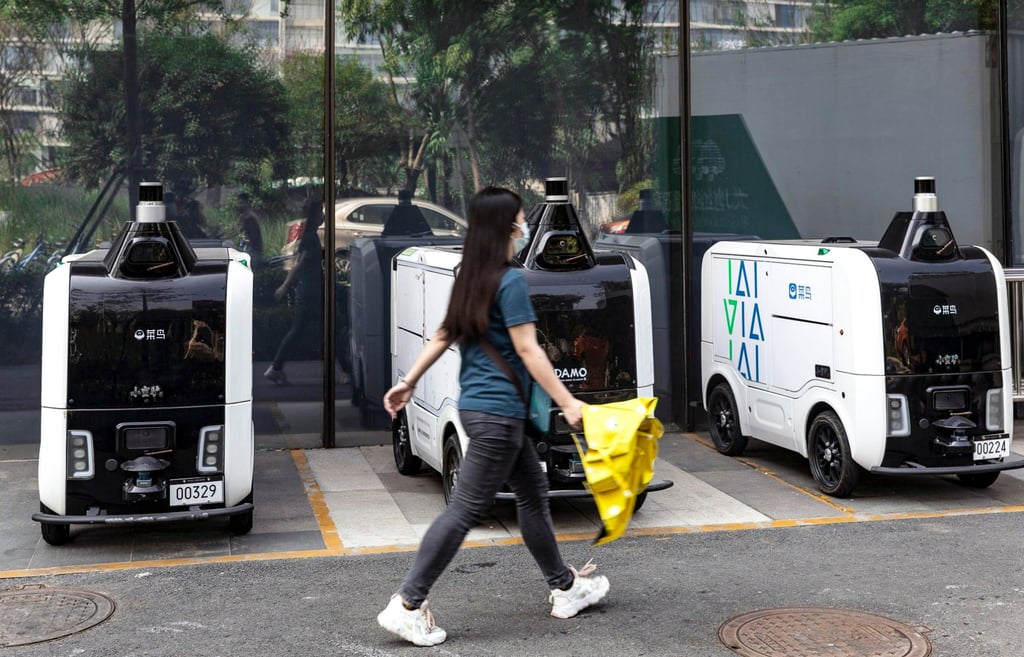Advertisement
Climate change: Alibaba boosts clean-energy purchases to become largest buyer among Chinese companies, reduce emissions
- The e-commerce giant increased purchases of clean energy by 150 per cent, avoiding nearly 620,000 tonnes of carbon-dioxide emissions in the past year
- Total greenhouse gas emissions increased 42 per cent in the 12 months ended March 31, compared with calendar-year 2020
Reading Time:3 minutes
Why you can trust SCMP
2

Chinese e-commerce giant Alibaba Group Holding has increased its purchases of clean energy by 150 per cent, avoiding 619,944 tonnes of carbon dioxide emissions in the past year, according to a company report.
Shifting the energy mix towards clean sources allowed Alibaba to avoid the equivalent of 4 per cent of its total emissions in the 12 months ended March 31, the company said in an ESG (environmental, social and governance) report released on Monday.
The report is Alibaba’s first ESG update since it announced its intention to achieve carbon neutrality by 2030 and eliminate 1.5 gigatons of carbon emissions across its entire business ecosystem by 2035.
Advertisement
Hangzhou-based Alibaba, which owns this newspaper, was the largest buyer of renewable energy among Chinese companies in 2021, according to Bloomberg NEF.
Alibaba bought more than 800 million kilowatt-hours (kWh) of clean energy in the first half of this year, a 150 per cent increase above the whole of 2021, the company said.

“ESG not only provides a framework for tackling a series of global challenges but is also the bridge to carry Alibaba to 102 years and beyond,” Daniel Zhang Yong, Alibaba chairman and CEO, said in the report. “We believe in our responsibility and capability to be a driver of positive change more than ever.”
Advertisement
Select Voice
Select Speed
1.00x